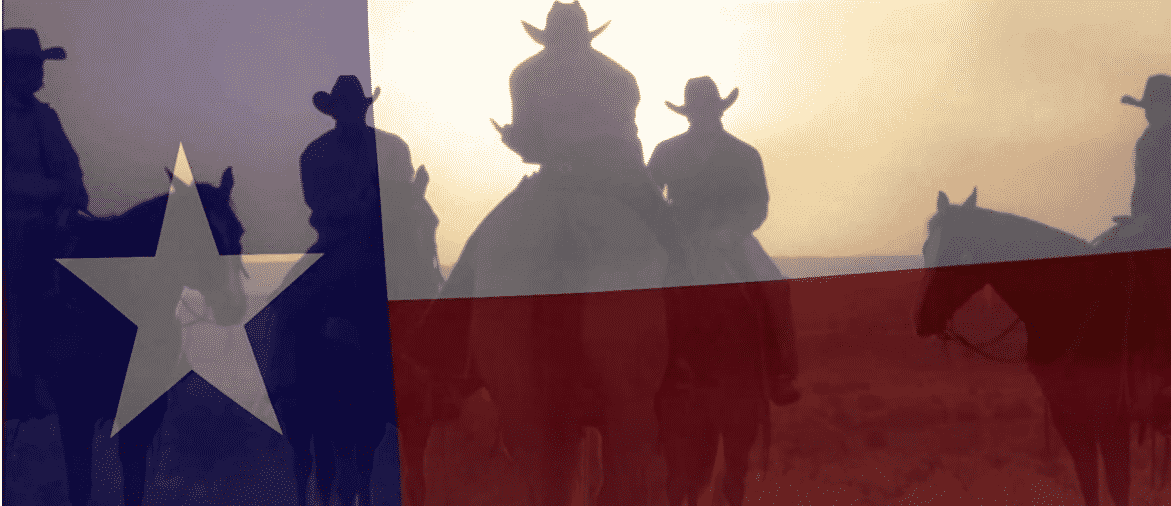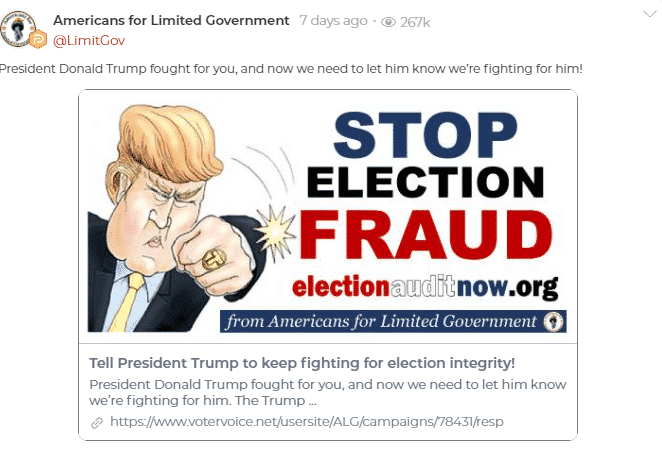Texas Challenges Presidential Election Results in U.S. Supreme Court
Just as hope for a fair and honest election begins to fade for many Americans, along comes Texas. While not exactly the Texas Rangers, the Texas Attorney General Ken Paxton and his legal team have filed a lawsuit with the U.S. Supreme Court challenging the election results in four key states.
Paxton’s lawsuit challenges the election procedures in Georgia, Michigan, Pennsylvania, and Wisconsin on the grounds they violate the Constitution. Texas is asking the Supreme Court to order the states to allow their legislatures to appoint their electors.
The Texas lawsuit makes these three arguments:
- the states violated the Electors Clause of the Constitution because they made changes to voting rules and procedures through the courts or through executive actions, but not through the state legislatures;
- there were differences in voting rules and procedures in different counties within the states, violating the Constitution’s Equal Protection Clause;
- there were “voting irregularities” in these states as a result of the above actions.
Americans for Limited Government President Rick Manning is urging state attorneys general to join the lawsuit or file a friend-of-the-court brief in support of the challenge.
“There is clear and compelling evidence the states targeted in this lawsuit violated the Constitution,” said Manning. “These states used the Covid pandemic to justify ignoring state absentee and mail-in voting laws. In flooding their states with millions of absentee ballot applications and ballots, statutory controls went out the window.
“For the sake of not only this election, but all future elections, I urge state attorneys general to support this lawsuit. If Americans don’t trust the result of this election, how can they trust the result of any future elections? Our republic is at stake.”
The Texas lawsuit is significant because lawsuits between states are heard directly by the Supreme Court, rather than by district and appeals courts first. But there’s no guarantee the court will accept the case or do so quickly.
In another recent case, Nebraska and Oklahoma asked the Supreme Court in 2014 to strike down state-level marijuana legalization in neighboring Colorado, citing federal law. Justices waited 15 months to refuse the case without justifying the decision.
Another hero out of Texas, Senator Ted Cruz, has offered to represent Trump allies before the Supreme Court after Trump’s personal attorney Rudy Giuliani was hospitalized Sunday with COVID-19.
In that lawsuit, Rep. Mike Kelly of Pennsylvania and former GOP congressional candidate Sean Parnell are challenging the widespread use of mail-in ballots this year in a legal effort that could effectively hand Trump a win. The Pennsylvania Supreme Court rejected the case.
Cruz, a former Texas solicitor general, has argued nine cases before the Supreme Court.
“I’ve publicly urged #SCOTUS to hear the case brought by Congressman Mike Kelly, congressional candidate Sean Parnell & state rep. candidate Wanda Logan challenging the constitutionality of the POTUS election results in PA,” Cruz tweeted Monday night.
If #SCOTUS grants cert in the PA election case, I have told the petitioners I will stand ready to present the oral argument.
Full statement below… pic.twitter.com/EnHxjqGR5K
— Ted Cruz (@tedcruz) December 7, 2020
“Petitioners’ legal team has asked me whether I would be willing to argue the case before #SCOTUS, if the Court grants certiorari. I have agreed, and told them that, if the Court takes the appeal, I will stand ready to present the oral argument.”
Manning urges Americans to stay in the fight. “This isn’t even about Donald Trump anymore. We are fighting for fair and honest elections. We must keep up the pressure on our elected officials to let them know we want every legal vote counted, and every illegal vote dismissed.”
Americans for Limited Government is leading a national campaign urging President Trump to stay in the fight. To send the president a note of encouragement, click here.
Catherine Mortensen is Vice President of Communications at Americans for Limited Government.









